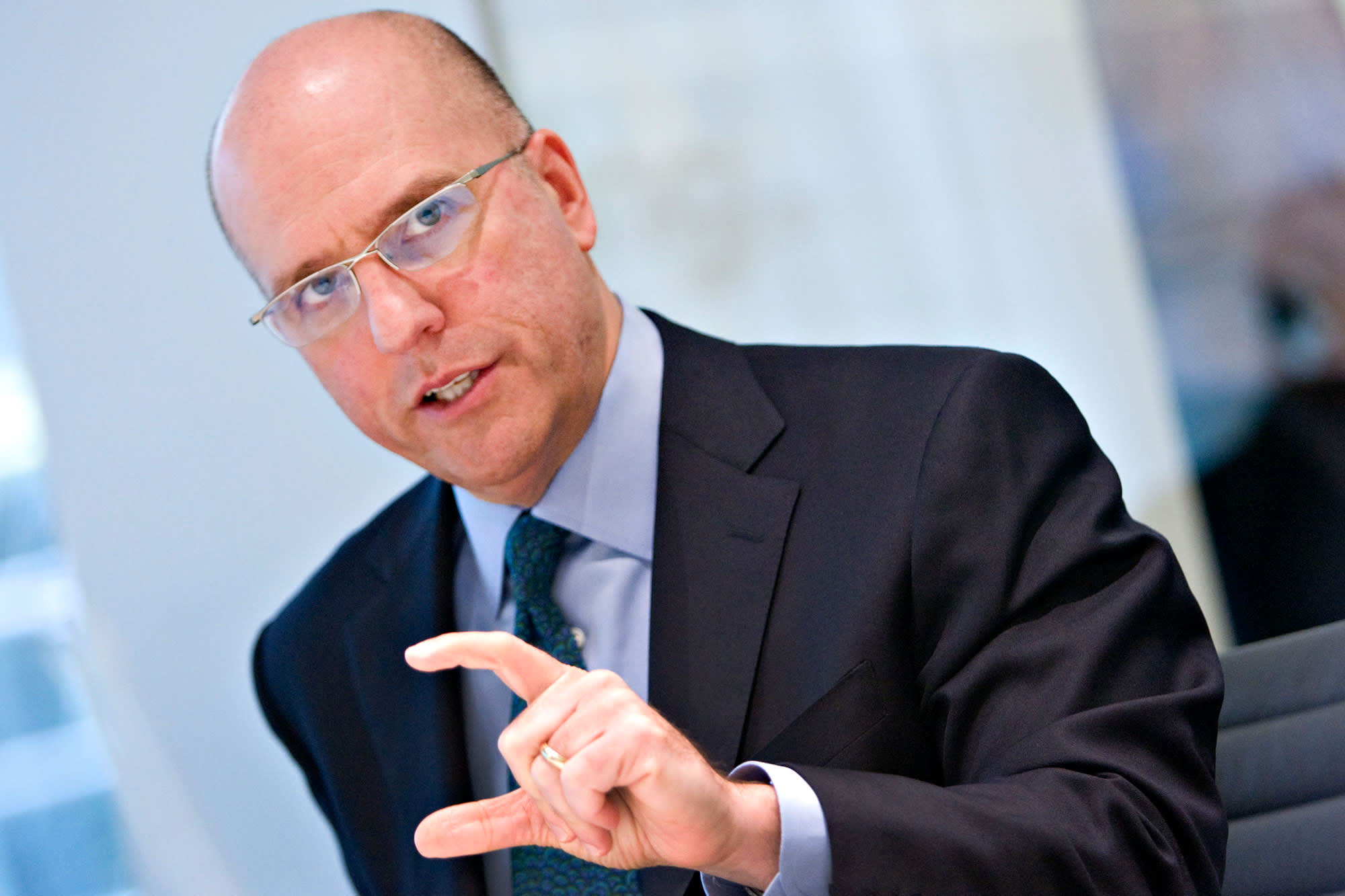An Institutional Investor Hall of Famer sees more trouble lurking in the market.
Richard Bernstein warns unprecedented Federal Reserve policies may eventually cause serious harm.
He cites near record deficits and aggressive efforts to increase the money supply among the biggest problems.
“I’m surprised that people aren’t more concerned about what huge monetary growth means for the economy in the United States now,” the CEO and Chief Investment Officer of Richard Bernstein Advisors told CNBC’s “Trading Nation” on Wednesday.
Bernstein is particularly concerned about the vast bond purchases the Fed is making right now.
“They’ve effectively turned the bond market into third grade soccer,” Bernstein said. “There are no winners or losers. Everybody gets a participation medal, and one has to wonder by taking out the risk return consideration from a huge market — what that means for misallocation of capital, where a bubble is going to form and things like that.”
Yet Bernstein, a CNBC contributor who has spent decades on Wall Street, acknowledges extreme monetary and fiscal measures have been crucial to avoid a depression-like scenario and get the economy back on track.
“We all agree we need very thick cushions right now,” said Bernstein.
Even before the coronavirus pandemic started making headlines, he saw fundamental problems emerging in the economy and started to play defense.
Bernstein is still slightly overweight in consumer staples and health care, but he started to increase his exposure to economically sensitive groups including energy, materials, industrials and global small caps in early April.
The key, according to Bernstein, is to stay away from speculative plays.
‘Pretty nutty stuff’
“There’s some pretty nutty stuff going on,” he added. “Certainly in this environment, I think one should be very, very cautious about these high-flyers that have nothing to do with fundamentals at all. It’s all momentum and technicals.”
Bernstein also maintains about a 6% to 8% holding in gold, to help protect his portfolio against unprecedented levels of uncertainty and long-term inflation risks.
“We don’t necessarily worry about that in the next two days. But I think in the next year, two years [or] three years, that’s going to be a big concern people should have,” Bernstein said.
